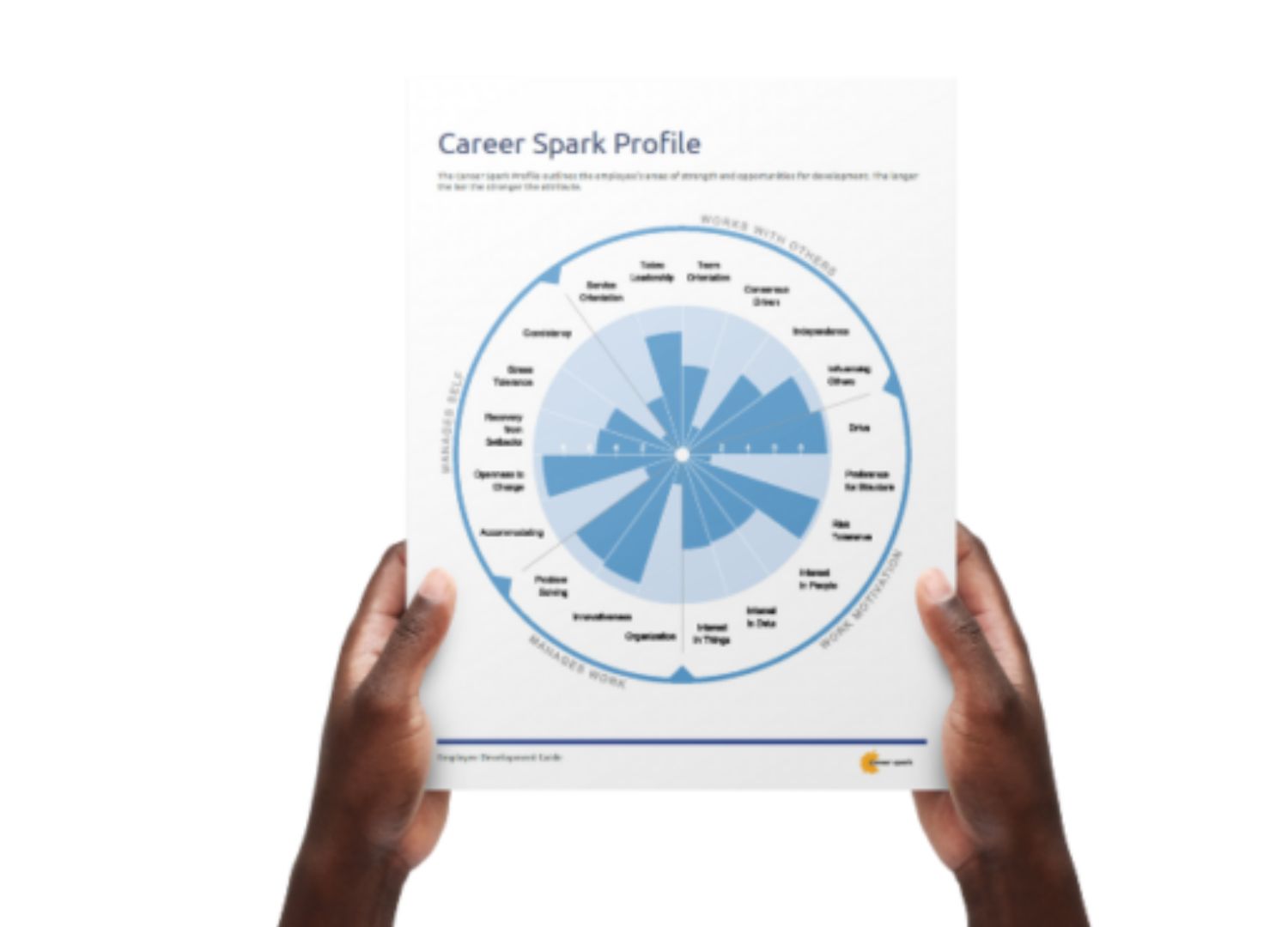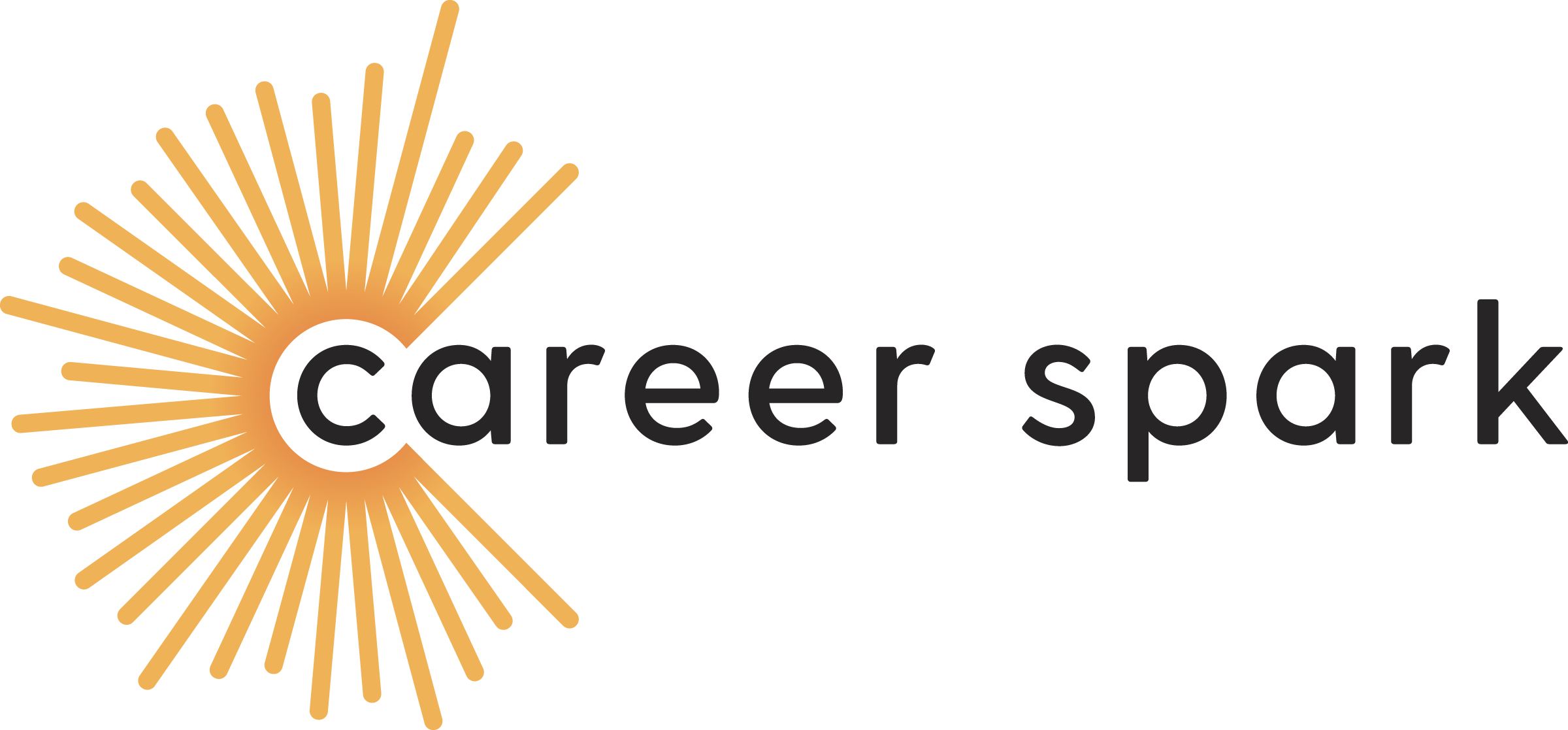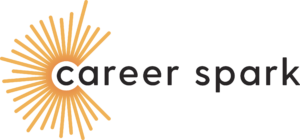Data-Driven People Decisions

When you run a business, you often have to figure things out as you go. It may take some trial and error, but eventually, you start to build out systems and processes and everything starts to fall into place.
That’s why it’s no surprise that many organizations tend to take the same approach with their people. We see this happen all the time. When it comes to issues like hiring, retention, and engagement, many employers tend to rely more on their opinion than on objective data.
For example, you might think you have a pretty good idea of the role you want to fill and the talent you need, so you whip up a few ‘I’m hiring’ social media posts, reach out to your network for referrals and go from there. Or you might spend a lot of time organizing virtual team happy hours to keep your employees engaged at work, without actually knowing if this is what your team members actually want and need to feel motivated.
Unfortunately, when it comes to people decisions, going with your gut will only get you so far. You might be really, really good at making business decisions but people decisions are a whole different ball game. To make the most of your time and efforts, you need to have a plan and that’s where the right data comes in.
What are data-driven people decisions?
Every day, people in your company are making decisions that directly impact your people. Decisions to hire or fire; promote or upskill. Oftentimes, those decisions are based on “gut instinct”. Sometimes, these decisions work out but when they don’t, the results can be pretty severe.
Take the consequences of a bad hire, for instance. According to a recent CareerBuilder survey, the average cost of one bad hire is nearly $15,000 and the average cost of losing out on someone good is nearly $30,000.
The worst part? When you make poor decisions based on gut instinct, you may see what is happening but you don’t know why. Why is that star employee you promoted into a leadership position now underperforming? Why is that employee you invested thousands of dollars of training into still disengaged?
This is where data can help. Without more information, it’s difficult to get to the root of the problem. The right information about people can give you the power to spot relationships and patterns that make connections that you may otherwise overlook. Rather than jumping to conclusions, you can take the right steps and uncover the right answers for your organization.
How can data-driven people decisions help your organization?
1. Hiring
Leveraging data in your hiring process will help you discover your formula for success. Do you know why certain employees are more productive? More satisfied in their roles? Before you make a new hire, you need to understand how your current staff is performing and why.
When you have a clear understanding of why certain employees are more successful and better suited for particular roles, you can use these insights to attract more of the right people, rather than hoping for the best with every new hire.
2. Retention
Why do some employees stay with you for years and others only last a few months? Many business owners know that high turnover can cost them in terms of lost productivity, engagement, institutional knowledge, and morale.
But rather than understand why their employees are leaving, they focus more of their attention on speeding up their hiring processes so they can replace the workers they’ve lost, rather than preventing them from leaving in the first place.
Gaining more insight into why certain employees stay and others leave can help you keep more of your best people, and attract more talent like them. You can also help them stay longer by learning more about what they want from their career and identifying development opportunities for them within your organization.
3. Engagement
Let’s say that you’ve noticed a dip in your sales team’s performance. Conversions are down and it’s taking them longer and longer to close deals. While you can make some educated guesses about what’s going on – poor management, inefficient processes, not enough prospects – without the right data, you’re just taking shots in the dark.
The same goes for people. The right data can help take the guesswork out of people decisions. For example, maybe your sales team has the wrong structure. People who should be dealing with warm leads are tasked with hunting via cold leads and are struggling or former great salespeople have been moved into sales leadership and aren’t equipped to do that the same way they were great at selling. Knowing these things transforms the actions you take.
Final Thoughts
Your people are your most valuable asset – so why are you still relying on your gut instinct to manage them? Hiring or firing isn’t always the right answer. If you’ve struggled with making good people decisions in the past, then what you need are measures, tools, and access to information that doesn’t make the decision for you, but helps to inform your decision-making in an objective way.
How do you find this information, exactly? Well that’s where we come in. Whether you’re hiring or focused on your current team, Career Spark provides you with the critical information you need to make the best people decisions, fast. Leveraging data in your hiring, retention, and engagement processes won’t guarantee that you’ll never make a bad decision ever again, but it certainly will improve your odds of getting it right.













